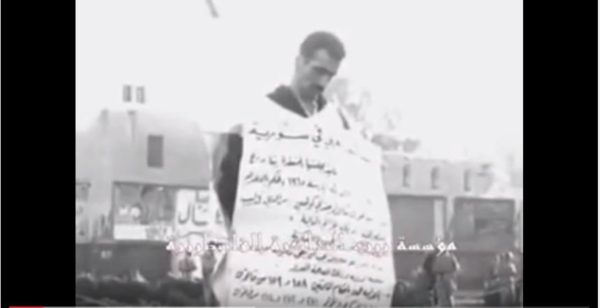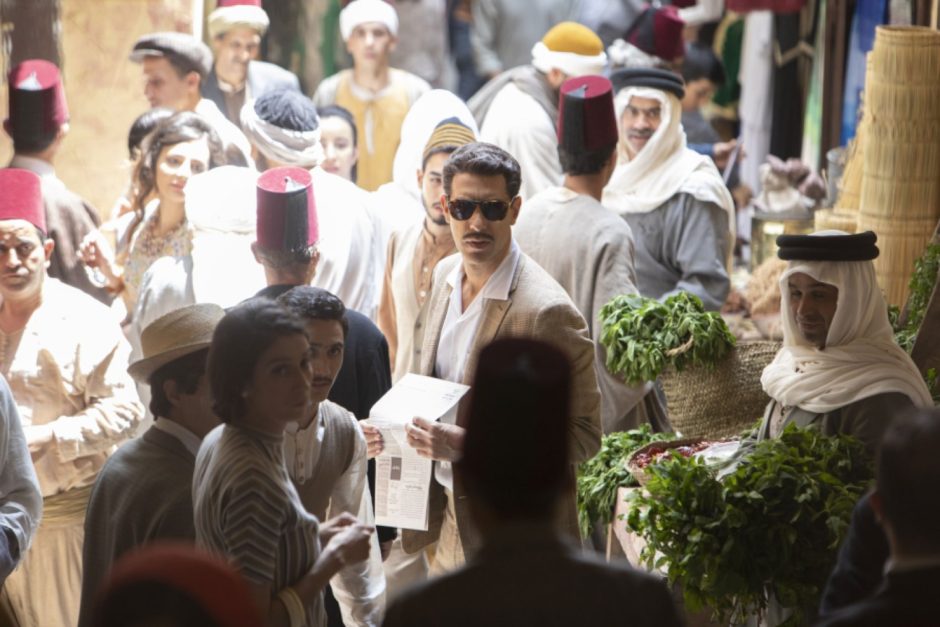Eli Cohen, Israel’s greatest known spy, is the stuff of legends. Fifty four years after his death by hanging in Damascus, he still remains a revered figure in Israel. Gideon Raff’s six-part Netflix miniseries, The Spy, burnishes Cohen’s heroic image.
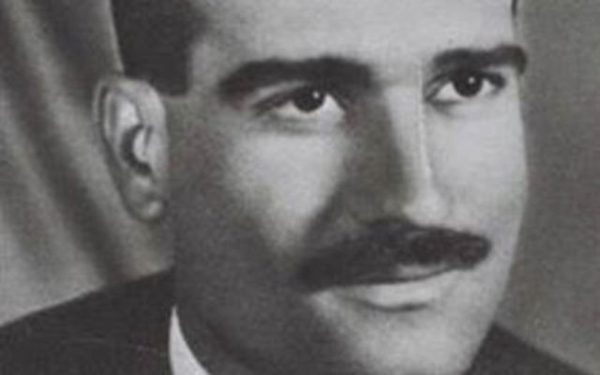
In an inspired but improbable feat of casting, British actor Sacha Baron Cohen plays the legendary Israeli operative. Cohen made his mark as an offbeat comedian by portraying highly eccentric and boorish characters such as Borat and Ali G. In The Spy, based on Uri Dan and Yeshayahu Ben-Porat’s The Spy Who Came From Israel, he goes undercover again, but in a radically different direction.
Slim and trim, sporting a rakish moustache, speaking in a faintly Middle Eastern accent, and exuding charm, Cohen deftly transforms himself into a man possessed by a mission of national importance. The Mossad, Israel’s external intelligence agency, needed eyes and ears in Syria, one of Israel’s deadliest enemies, and Cohen was up to the task. Possessing a knack for friendship, he formed close ties with members of Syria’s political and military elite, extracting vital information from them that proved very instrumental in the 1967 Six Day War.
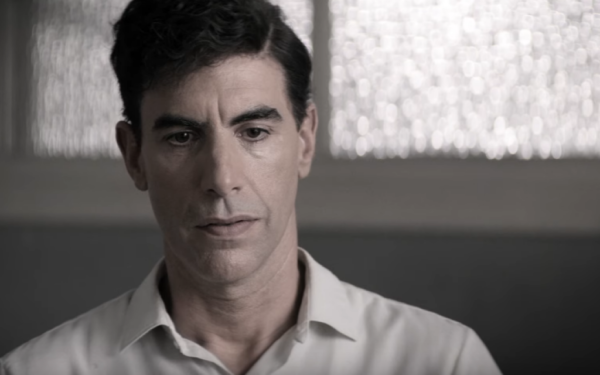
Masquerading as Kamel Amin Thaabet, a successful businessman of Syrian extraction from Argentina, he impressed the right people with his unabashed patriotism, overflowing generosity and endemic joie de vivre. The most important Syrian he met in Buenos Aires was Amin al-Hafez, Syria’s military attache. Hafez would rise to the presidency of Syria in a bloody coup in 1963. Due to Hafez’s trust in him, Cohen acquired a close proximity to power and enormous influence. Before Cohen was unmasked in 1965, he was offered the extraordinary position of deputy defence minister.
The official, self-serving Syrian narrative downplays Cohen’s contribution to Israel’s military strategy toward Syria on the eve of the Six Day War, when the Israeli army conquered the Golan Heights in only two days. Syria’s denigration of Cohen is understandable, given the humiliation and embarrassment he inflicted on Syria, the beating heart of Arab nationalism.
Interestingly enough, Cohen’s parents were Arab Jews. Originally from Aleppo, Syria, they settled in Alexandria, Egypt, in 1914. Cohen, born in 1924, was an ardent Zionist who joined an Israeli spy ring in Egypt in the early 1950s. He immigrated to Israel in 1956.
In one of the first scenes in The Spy, filmed in Morocco and Hungary, Cohen is working as a bookkeeper for a department store in Tel Aviv. Outside the shop on Allenby Street, Israelis press against a show window to watch a television news report about the most recent clash between Israel and Syria. This is a figment of Raff’s imagination, since TV service was not available in Israel until 1966. It’s a minor glitch in an otherwise compelling story about a Sephardic Jew who has an inferiority complex about his Middle Eastern background. As he complains to his loving wife, Nadia (Hadar Ratzon Rotem),“You know what they see when they look at me? An Arab, that’s it. Jewish, yes. But just an Arab.”
Cohen, fluent in Arabic and a few other foreign languages, is summoned to Mossad headquarters. The interviewer, Dan Peleg (Noah Emmerich), asks him whether he wants to be of service to his adopted country. The answer is a resounding yes. Before he can be hired, he must pass grueling tests. He passes them with flying colors and then goes through six months of rigorous training. Nadia has no idea he’s been recruited by the Mossad. She thinks he’s working as a Ministry of Defence buyer.
On January 3, 1961, Cohen arrives in Switzerland to meet his handlers at a Mossad safe house in Zurich. He’s given a new identity and a fresh wardrobe before he sets off to Buenos Aires, which has a large Syrian community. Once there, he moves in Syrian circles and presents himself as an ardent patriot who loves Syria despite never having set foot there.
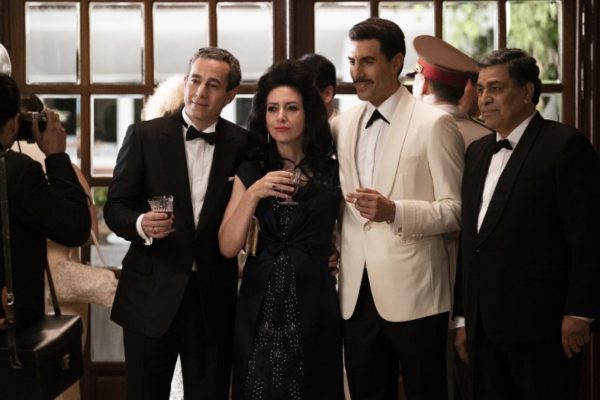
Invited to a Syrian embassy reception, he meets Amin al-Hafez (Waleed Zuaiter), telling him he wants to live and invest in Syria. In short order, Cohen butters up Hafez and his licentious wife with compliments and expensive gifts. Nadia, in the meantime, gives birth to their first child. Taking a break from his duties, Cohen returns to their apartment in Bat Yam, a middle-class suburb of Tel Aviv adjacent to Jaffa. Happy as a family man, he’s reluctant to go back to Argentina.
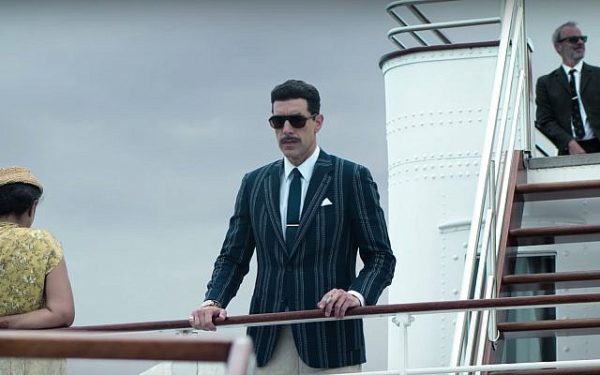
Armed with letters of introduction from Syrians in Buenos Aires, Cohen enters Syria. He bribes a border guard to ensure his safe passage, but he’s nervous and vomits into a toilet. Ensconced in a grand flat in the centre of Damascus, Cohen begins transmitting messages and sending back photographs inside antique Syrian furniture. As he lives the life of a suave bachelor in Damascus, Nadia leads a lonely existence in Bat Yam.
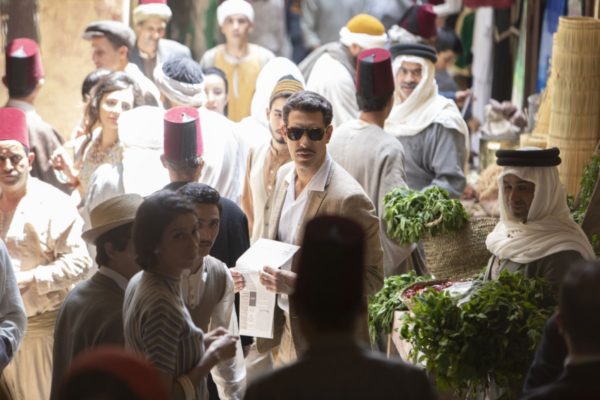
Cohen strikes gold when he befriends Marwan (Faical Elkihel), the twenty-something son of a general. In a flashy red sports car, Marwan drives him to a restricted military zone on the Golan overlooking the Sea of Galilee and a verdant valley. A colonel shows him a network of fortifications from which the Syrians launch artillery and mortar attacks on Israel. Cohen’s suggestion that shade trees should be planted at each bunker is a brilliant stroke because it will enable Israel to pinpoint the location of each fortification.
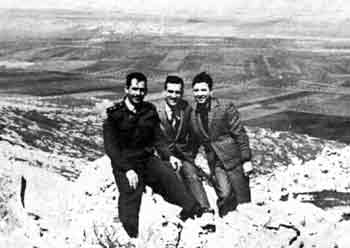
As he continues gathering intelligence, Cohen takes incredible risks. In a hokey scene worthy of a grade-B movie, he stumbles upon an Israeli farmer on the other side of the border.
Having gained Hafez’s confidence, Cohen is inducted into the ranks of the opposition Baath Party. Nonetheless, Cohen arouses the suspicion of one his top aides, the glowering Suidani (Alexander Siddig). After Hafez takes over in 1963 as Syria’s first Baathist president, Cohen says, “The Baath has become like a home to me.” Around this time, Hafez offers Cohen the job of a lifetime.
Cohen begins dating a young Syrian woman, Sarah (Hayam Zaytoun), who wishes to marry him, but he demurs and continues hosting wild parties at his apartment where the liquor flows freely and orgies unfold. Despite his success as a spy, he cannot bear the constant pressure of sustaining his facade as a Syrian.
As 1965 dawns, Peleg wants to terminate Cohen’s assignment in Syria and bring him back home. Cognizant of the top-secret data to which he will soon be privy to as deputy defence minister, Israel’s prime minister thinks he should remain in Damascus.
Cohen returns to Bat Yam one last time to see Nadia and his daughters. Still in the dark about his real overseas posting, Nadia has no inkling where he has been in the last several years. In an unguarded moment, he admits he is scared of returning.
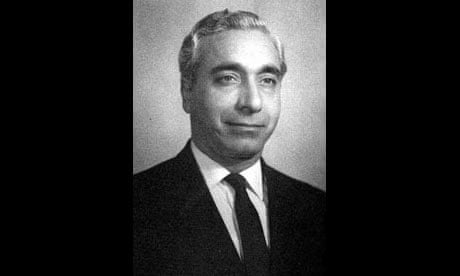
Back in Damascus, Hafez is in an exultant mood during a chat with Cohen. “We’re on the verge of doing great things together,” he says.
Shortly afterward, in a series of suspenseful scenes, Cohen is caught red-handed and arrested. Israel launches an international campaign to win his release, but to no avail. Cohen is sentenced to be executed in a public spectacle in Martyr’s Square. Having seen a local rabbi before he is removed from his cell, he acquits himself calmly and courageously in his final moments.
Thanks to fine production values and a stellar cast spearheaded by Sacha Baron Cohen, The Spy is an espionage thriller a cut above the ordinary. It gradually draws you into its dark and intriguing universe, rarely letting go.
